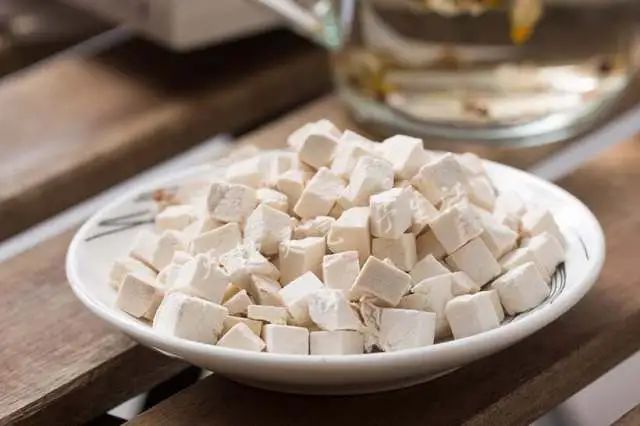
<Fu Ling (Poria)>
Fu Ling (Poria) is one of the commonly used herbs in Traditional Chinese Medicine (TCM). Its properties are neutral, and it is often combined with various other herbs to form many classic TCM formulas. One liang of Fu Ling combined with one liang of Jin (another herb) is a common practice, as Fu Ling is a very common yet highly nutritious medicinal material. Fu Ling has many benefits for the body, and many people enjoy drinking water infused with Fu Ling. It is neutral and warm, benefiting the spleen, tonifying qi, and nourishing blood. Regular consumption of Fu Ling tea can have excellent health benefits.



<Fu Ling (Poria)>
【Properties】Its nature is neutral, with a sweet and bland taste.
【Meridians】It enters the Heart, Lung, Spleen, and Kidney meridians.
【Functions】It promotes urination and leaches out dampness, strengthens the spleen, calms the mind, and settles the spirit.
【Applications】Used for edema, reduced urination, phlegm-dampness causing palpitations, spleen deficiency with poor appetite, diarrhea, anxiety, and insomnia.
【Indications】Indicated for difficulty in urination, edema, spleen deficiency diarrhea, leukorrhea, phlegm-damp cough, shoulder and back pain, palpitations, insomnia, etc.
【Dosage】Decocted for oral use, with a common dosage of 9-15 grams.


【Cautions】Should not be used by those with deficiency-cold and slippery essence or qi deficiency with sinking symptoms; Fu Ling should not be combined with vinegar.


【Food-Medicine Homology】
Fu Ling is a key herb for promoting urination and leaching out dampness to reduce edema. In the preparation of medicinal meals and health foods, it can be used in various cooking methods such as stir-frying, boiling, stewing, steaming, and frying.
01

Fu Ling Bai Zhu Congee
Bai Zhu (Atractylodes macrocephala) 10 grams, Fu Ling (Poria) 15 grams, Chen Pi (Dried Tangerine Peel) 3 grams, Ginger Peel 3 grams, Sha Ren (Amomum fruit) 3 grams, and 100 grams of glutinous rice. Boil Bai Zhu, Fu Ling, Chen Pi, Ginger Peel, and Sha Ren to extract the juice, then add glutinous rice to cook into a thin congee.
This congee has the effects of strengthening the spleen and nourishing the stomach, regulating qi, and resolving phlegm and dampness. It is suitable for middle-aged and elderly individuals with weak spleen and stomach function.
02

Fu Ling Red Bean and Job’s Tears Congee
White Fu Ling powder 20 grams, red beans 50 grams, and Job’s Tears 10 grams.
First, soak the red beans for half a day, then cook them with Job’s Tears to make congee. Once the red beans are soft, add Fu Ling powder and continue cooking into congee. Add a little white sugar to taste.
This congee has the effects of promoting urination and leaching out dampness, strengthening the spleen, and stopping diarrhea. It is suitable for patients with jaundice-type hepatitis and edema with dampness predominating over heat.
03

Yam and Fu Ling Cake
Yam powder 100 grams, lotus seed powder 50 grams, Job’s Tears powder 50 grams, Fu Ling powder 30 grams, Bai Zhu powder 20 grams. Mix the above powders with an appropriate amount of white sugar or rock sugar, stir well, add an appropriate amount of water and yeast, then steam until cooked and cut into pieces for consumption.
This cake has the effects of tonifying qi, strengthening the spleen, and benefiting the stomach, making it suitable for those with weak constitution, fatigue, and poor appetite.
04

Goji Berry and Fu Ling Tea
Goji berries 50 grams, Fu Ling 100 grams, and black tea 100 grams. Grind the goji berries and Fu Ling into a coarse powder, take 5-10 grams each time, add 6 grams of black tea, and brew with boiling water for 10 minutes. Drink twice daily as a tea substitute.
This tea has the effects of strengthening the spleen and benefiting the kidneys, promoting urination, and alleviating dysuria, suitable for chronic nephritis, oliguria, dysuria, and urethritis.
05

Fu Ling Chicken Wontons
Fu Ling 50 grams, chicken meat as needed, 200 grams of flour, ginger, pepper, and salt to taste. Grind Fu Ling into a fine powder, mix with flour and water to knead into a dough; finely chop the chicken, add ginger, pepper, and salt to make the filling, wrap into wontons, and cook.
This dish has the effects of tonifying the spleen, leaching out dampness, benefiting qi, and stimulating appetite. It is suitable for those with spleen and stomach deficiency, nausea, poor appetite, and indigestion.
06

Fu Ling and Angelica Stewed Black Chicken Soup
One live black chicken, 15 grams of Fu Ling, 15 grams of Angelica (Dang Gui), 15 grams of Goji berries, ginger, jujube, salt, etc. Clean the black chicken and cut it into pieces, blanch in boiling water, then set aside. In a pot, add an appropriate amount of water, salt, ginger, jujube, and the chicken pieces, along with Fu Ling, Angelica, and Goji berries. Bring to a boil, then simmer for about 3 hours.
This soup has the effects of nourishing yin, clearing heat, tonifying the liver and kidneys, and strengthening the spleen to stop diarrhea. It is commonly used for those with deficiency of qi and blood, insufficient liver and kidney, and weak spleen and stomach.
07

Fu Ling Cake
White Fu Ling, rice flour, and white sugar, each 250-500 grams. First, grind the white Fu Ling into fine powder, then mix the Fu Ling powder, rice flour, and white sugar in a bowl, add water to form a paste, and cook in a frying pan over low heat to make thin pancakes.
This dish has the effects of strengthening the spleen and benefiting qi. It is suitable for elderly individuals for daily health maintenance, and those with qi deficiency and weakness, as well as diarrhea.

